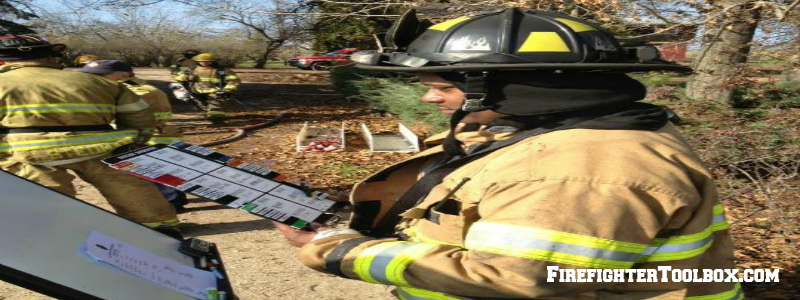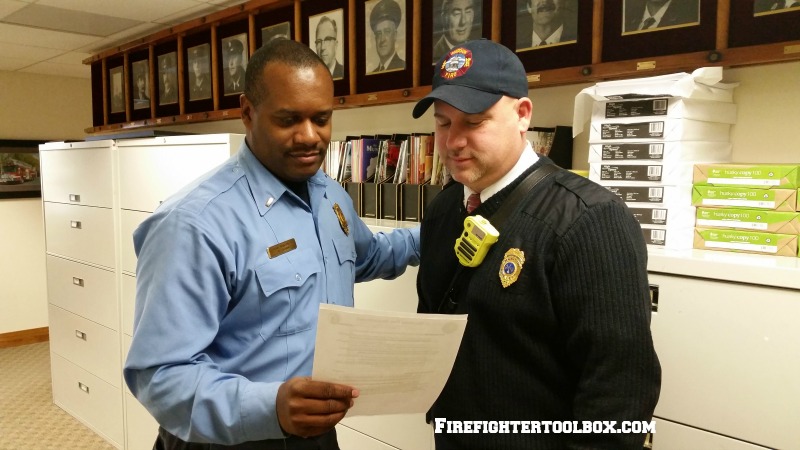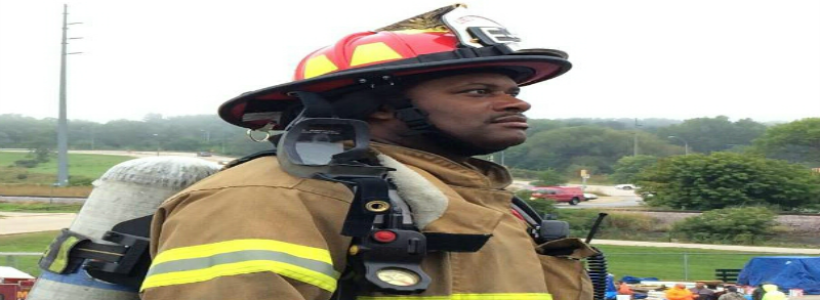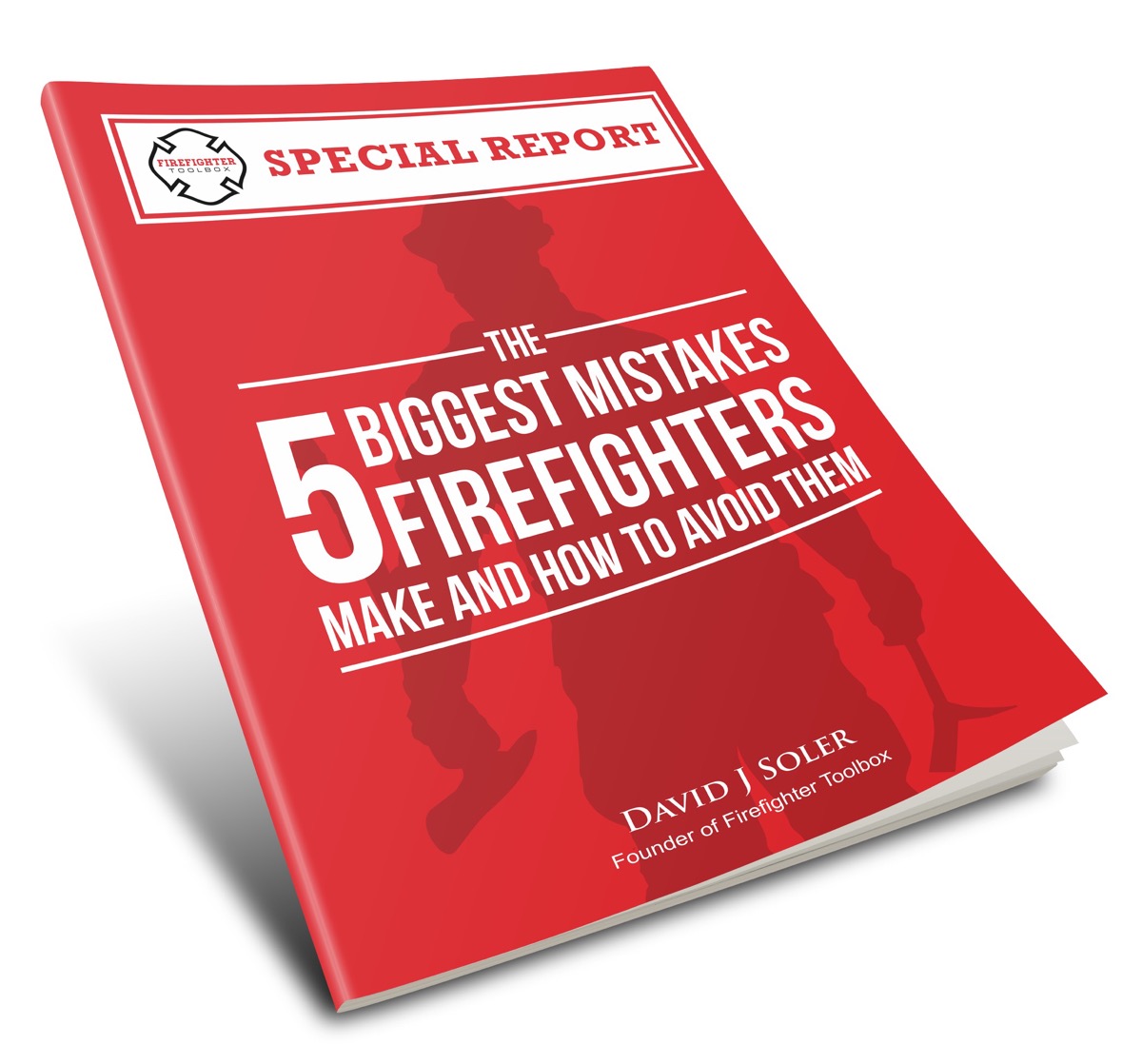4 Ways to be the Incident Commander of Your Fire Service Career
You’re the Incident Commander of your fire service career!
Not the Fire Chief, the Battalion Chief, Captain, Lieutenant or anyone else. You are! Depending on how your department is configured, those people in their positions can help, but you are the Incident Commander of your career. You are the person in charge. You can make decisions that affect the outcome. There are several reasons why I say this.
 #1) Assume Command of Your Career
#1) Assume Command of Your Career
Your career is the incident. What type of position (promotion) do you aspire to attain? When you decide to go for promotion, take command of the process as you would a fire incident. If you’re going for driver operator, then practice driving the vehicles and conducting the aerial operations. If you’re going for Company Officer, then practice strategy and tactics using your organizations standard operating guidelines (SOG’s). Use your Policy and Procedures to practice personnel issues. If you aspire to become a paramedic, work on being an aggressive EMT. Get the vital signs of the patient that calls for our assistance. Begin to study your EMT books and protocols to get ready for your paramedic class.
#2) Do a 360 Degree View of Your Situation
At a fire scene, Incident Commanders must try to do a 360 degree view of the incident. I also make this suggestion to you as it related to your career development and aspirations. Assess your own knowledge, skills and abilities by doing a SWOT (Strength, Weaknesses, Opportunities and Threats) analysis. Take a look around your own organization. Are you ready to make the commitment necessary to get the promotion that you aspire? How many positions will the organization promote? Will your family understand the commitment you’ll need to make for a competitive process? Do you have positive relationships with key stakeholders and decision makers (e.g. Fire Chief)? If not, you might want to work on those before embarking on the promotional process.
 #3) Call for Additional Resources
#3) Call for Additional Resources
A structure fire won’t get extinguished with a crew of one. Promotions won’t happen by yourself either. Don’t be afraid to call for additional resources in a promotional process just like you would for a structure fire response. For example if the process calls for a written examination, develop a study group of hard working, go-getters like yourself. Your recall memory will be enhanced by the serious discussions you have with other candidates in the study group. Also, work on your weaknesses. Develop a plan to work with mentors and other professionals that can assist you in areas of need. For example, if the process requires an assessment center or oral board and you have difficulty with public speaking, you might consider joining “toastmasters” an organization that works with people on public speaking. In addition, many municipal and county governments have Organizational Development divisions. Their mission is to arrange and develop classes to assist employees in their career growth and development. If your municipality doesn’t have this department, another option would be to go a local community college or university for classes that can assist you. Lastly, ask your friends and family for help. Doing this gets them involved in the process and shows them how serious you are and how their support is imperative to your success.
#4) Re-group, Re-Set and Revise Your Strategy
When you’re the Incident Commander, what do you do when the fire is not going out? Change the strategy and tactic, right? What do we do if we don’t receive the position or promotion? I would suggest changing the strategy and tactics. It’s okay to feel disappointed. However, it’s time to re-group, re-set and revise your strategy. Reexamine the process that you went through. What areas do you believe you fell short? Perhaps your organization doesn’t give you feedback. If not, then ask Chiefs, Captains and others to give you honest feedback. Take their coaching humbly and with professionalism. Do not burn bridges! Develop another plan to get the position or promotion you aspire to attain.
In conclusion, you are the Incident Commander of your fire service career. Assume command, do a 360 and call for additional resources just as you would a real structure fire. If you are unsuccessful in your bid to gain the promotion or position, learn from your mistakes by re-grouping, re-setting and revising your strategy. Extinguish any negative thoughts and keep your career development fire burning!
Want to learn more?
Check out these articles for more info: Prepping for the Promotional Process, and 5 Qualities of a Successful Firefighter





